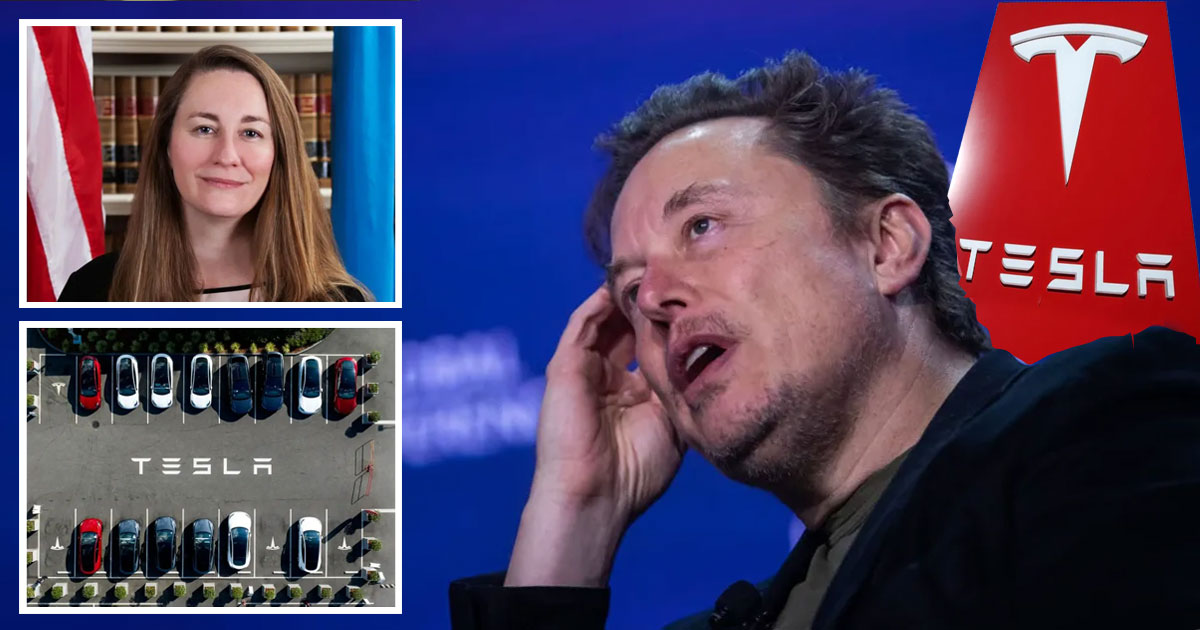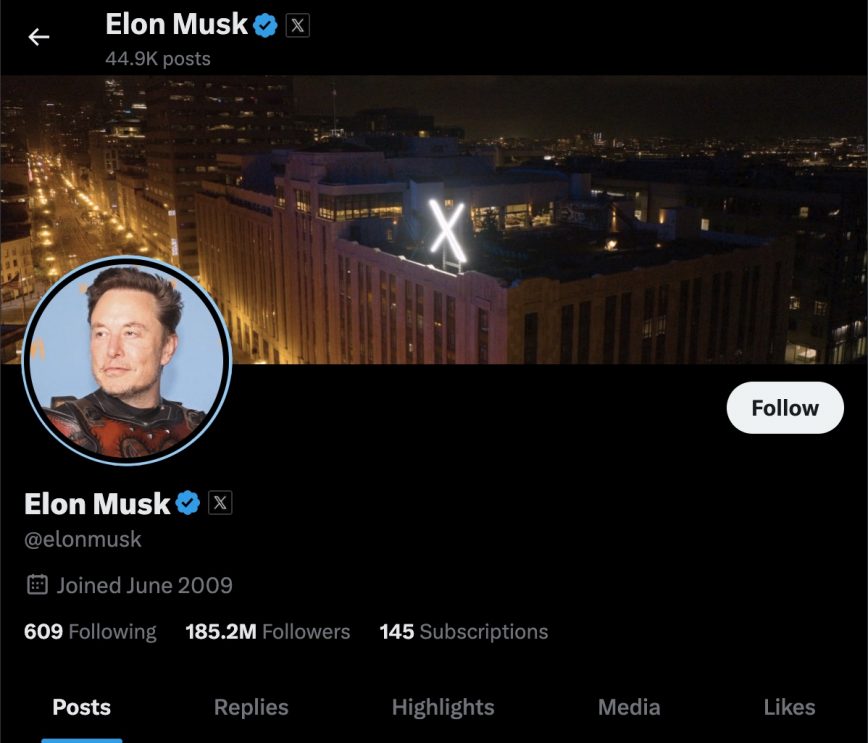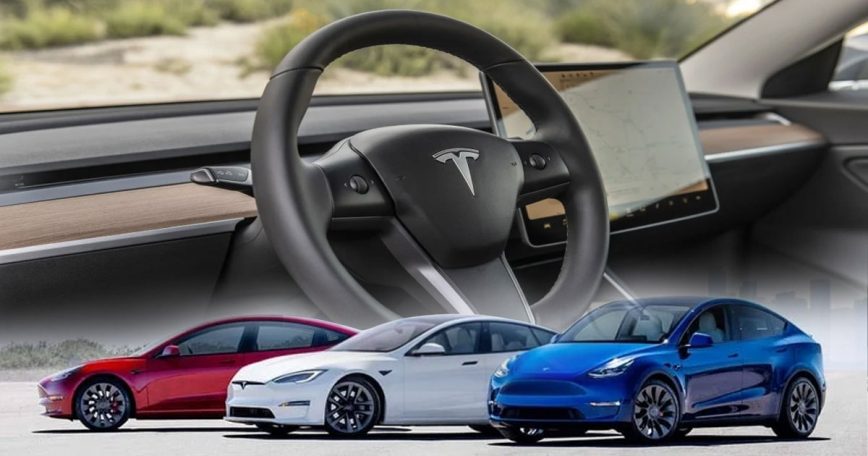Musk’s New $56 Billion Tesla Pay Deal Under Legal Scrutiny

A Closer Look at the Controversies Surrounding Elon Musk’s Monumental Compensation
May 30, 2024, and this is The Morning Shift, your daily roundup of the top automotive headlines from around the world. Here are the key stories you need to know today.
1st Gear: Elon’s Tesla Pay Package Faces Numerous Legal Hurdles
In a few weeks, Tesla shareholders will vote on whether to approve a colossal $56 billion pay package for CEO Elon Musk. This package, which was previously nullified by a Delaware judge in January due to Musk’s undue influence over the process, has sparked significant controversy and legal challenges. Alongside this, shareholders will also decide whether to move Tesla’s legal home from Delaware to Texas. Here’s an in-depth look at the legal battles Tesla and Musk could face before the June 13 vote, as reported by Reuters.
The Impact of the Shareholder Vote
The upcoming shareholder vote carries significant implications. If shareholders reject the move to Texas and deny Musk’s pay package, it would validate the court’s ruling that labeled Musk’s compensation as “unfathomable.” This would also mark a considerable defeat for Tesla’s board, which critics argue is heavily influenced by Musk.
Conversely, if shareholders approve Musk’s pay package, it will likely trigger another legal challenge. The jurisdiction of this challenge could hinge on the vote to relocate Tesla’s legal base to Texas.
Scenario 1: Tesla Becomes a Texas Corporation
Lawyers representing Richard Tornetta, the shareholder who sued in Delaware over Musk’s pay, have expressed concerns that the shareholder vote might be an attempt to leverage a Texas court to overturn the January ruling. Despite these concerns, Chancellor Kathaleen McCormick of Delaware has been assured by Tesla’s attorneys that any disputes over the shareholder vote will remain under Delaware’s jurisdiction.

Scenario 2: Tesla Remains a Delaware Corporation
In Delaware, the judge still needs to decide on the fee Tesla owes to Tornetta’s legal team, which they have requested to be $6 billion. A hearing is set for July 8. Tesla’s legal team has suggested that a shareholder vote ratifying Musk’s pay could materially affect Delaware proceedings, although the specifics of this impact remain unclear. Should the pay package be approved, it will almost certainly face challenges from opposing shareholders. McCormick could either incorporate these challenges into the ongoing case or initiate a new lawsuit, potentially allowing Tesla and Musk to appeal the January ruling to the Delaware Supreme Court while the Court of Chancery deals with the shareholder vote challenges, a process that could take extensive time.
Tesla’s Unique Use of a Ratification Vote
Tesla’s strategy of using a ratification vote is based on Delaware law, typically used to correct technical errors in corporate transactions. Tesla described its approach as “novel” in its proxy filing. While no legal challenges to this approach have been filed yet, Charles Elson, a former University of Delaware professor specializing in corporate governance, has argued that ratification cannot be used to correct a breach of fiduciary duty by a board, as Tesla is attempting.
Challenge to the Vote
Tesla shareholders might also challenge the vote, pointing to Musk’s attempts to influence voting. On May 18, Musk responded “yes” to a post on X that suggested if Musk’s demands for a 25% equity stake and the incorporation of the company in Texas are met along with the reinstatement of his 2018 pay package, then AI and robotics would remain with Tesla.

With so many variables at play, it’s no surprise that Musk, with $56 billion at stake, is fighting vigorously. However, holding the future of the company hostage over his pay package raises ethical concerns, especially considering Musk’s existing wealth of around $200 billion.
2nd Gear: A $25,000 Electric Jeep is On The Horizon
In other automotive news, Jeep is gearing up to introduce a $25,000 electric vehicle in the U.S. “very soon,” according to Stellantis CEO Carlos Tavares. As many automakers scale back their EV plans, this move marks a significant step for Jeep. Here’s more from the Wall Street Journal.

Achieving Affordability in Electric Vehicles
Speaking at a Bernstein conference in New York, Tavares stated that a $25,000 all-electric Jeep is feasible partly due to the company’s success in selling cheaper EVs profitably in other markets. He referenced the Citroën e-C3, a hatchback sold in Europe for €23,300, which will eventually be offered at a lower price of €20,000, or about $21,500.
“The same way we brought the €20,000 Citroën e-C3, you will have a $25,000 Jeep very soon, because we are using the same expertise,” Tavares said.
An electric Jeep priced in the mid-$20,000 range would significantly impact the market, considering the cheapest EV currently sold by Stellantis in the U.S. is the subcompact Fiat 500e, priced around $32,500. Tavares’s commitment to this price point underscores Stellantis’s broader strategy to offer affordable EV options in the U.S.
3rd Gear: NHTSA Demands Tesla Records in Power Steering Loss Probe
The National Highway Traffic Safety Administration (NHTSA) is seeking more records from Tesla as part of its investigation into power steering loss issues in Model 3 and Model Y vehicles. This investigation, which covers about 334,000 vehicles from the 2023 model year, comes after the agency received 115 reports of steering control loss. Here’s what Reuters reports.

Details of the Investigation
The NHTSA’s upgraded investigation from February includes a request for Tesla’s records by July 24 regarding the steering components and the company’s processes for identifying and resolving potential defects. The agency also seeks information on whether Tesla has implemented or plans any changes to the power steering components.
Reports of steering issues range from steering becoming “stuck” or “locked” to requiring significant effort to move. Additionally, some drivers have reported “notchy” or “clicky” steering accompanied by warning messages. The NHTSA has noted at least 50 vehicles were allegedly towed due to steering problems.
Since 2018, Tesla has issued nine separate recalls in the U.S. for steering and suspension issues, highlighting ongoing concerns about the safety and reliability of its vehicles.
4th Gear: New Layoffs Hit Fisker Amid Struggles
Fisker, the California-based automaker, is facing more challenges as a new round of layoffs has impacted its workforce. Dozens of former employees took to social media on May 29 to announce their dismissals. Here’s more from Automotive News.

The Impact of Layoffs
“Was part of the last big wave of layoffs at Fisker, and while it’s not ideal, I had the honor and pleasure to work directly with some of the smartest, hardest-working, and talented individuals there,” said Freddy Boyd, a former sales adviser, on LinkedIn.
This latest wave of layoffs is part of Fisker’s broader struggle to establish itself in the competitive automotive market. The company, which has faced numerous challenges and financial difficulties, has not commented on the layoffs, leaving many to speculate about its future viability.
Conclusion
Elon Musk’s $56 billion Tesla pay package is embroiled in a complex web of legal challenges and shareholder decisions. As the vote approaches, the stakes are high, not just for Musk and Tesla but for the broader implications on corporate governance and executive compensation. Meanwhile, the automotive industry continues to evolve with significant developments such as the introduction of affordable electric vehicles from Jeep and ongoing safety investigations into Tesla’s steering issues. Additionally, companies like Fisker face internal struggles, reflecting the turbulent nature of the industry. As these stories unfold, they will undoubtedly shape the future landscape of the automotive world. Photo Credit – REUTERS / Autonews / insideevs / Fortune· Apu Gomes/Getty Images

